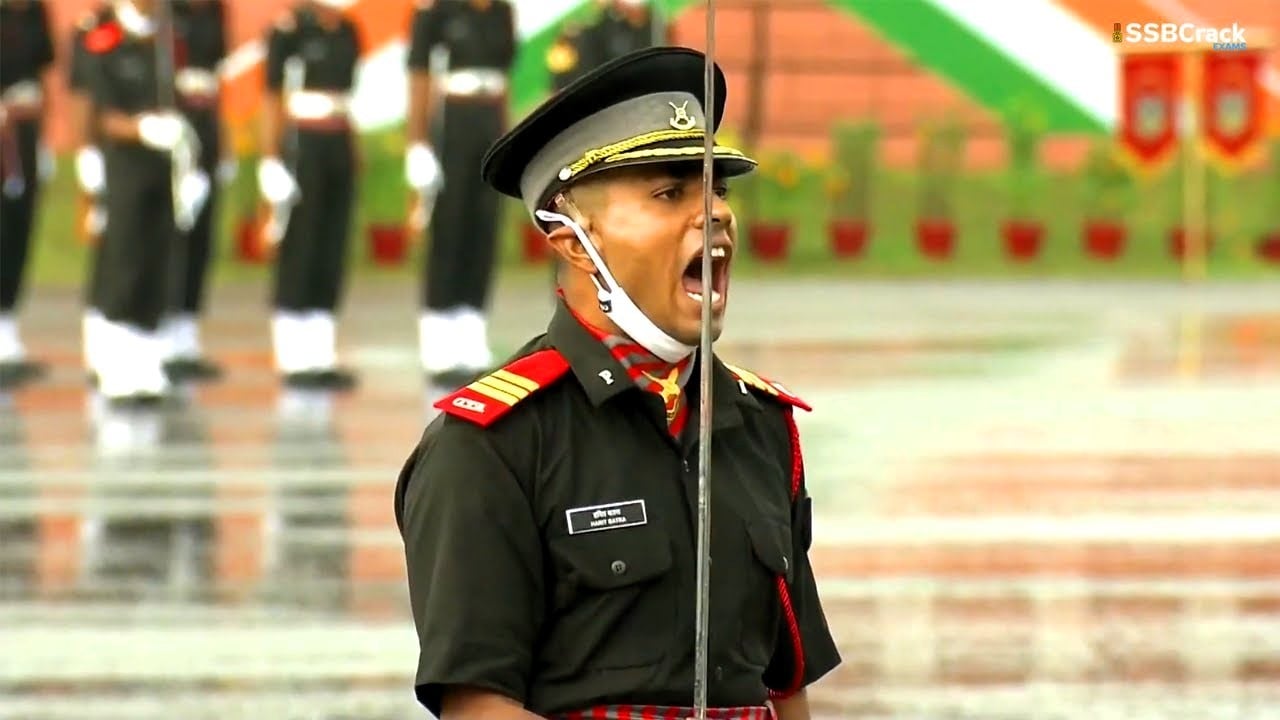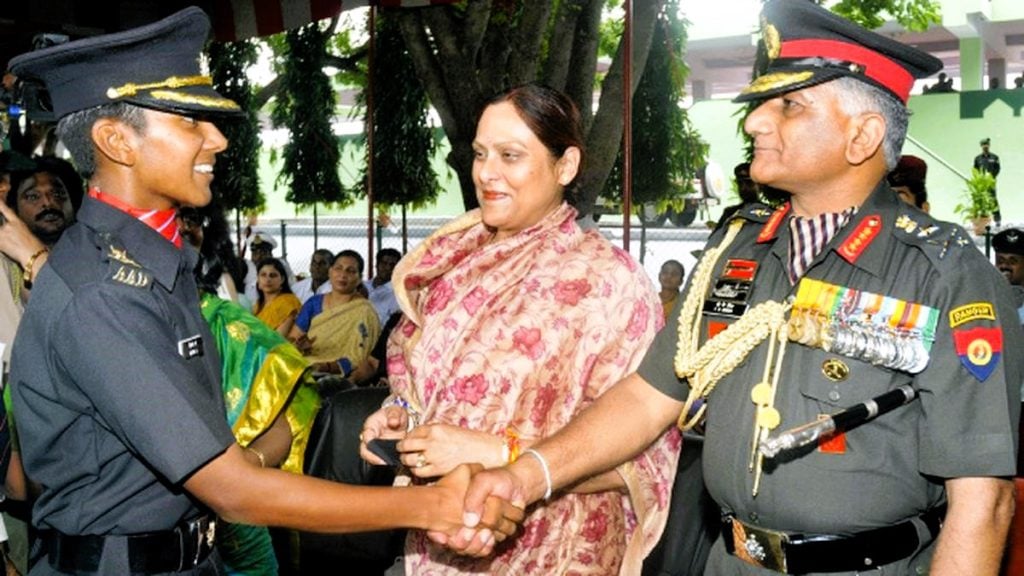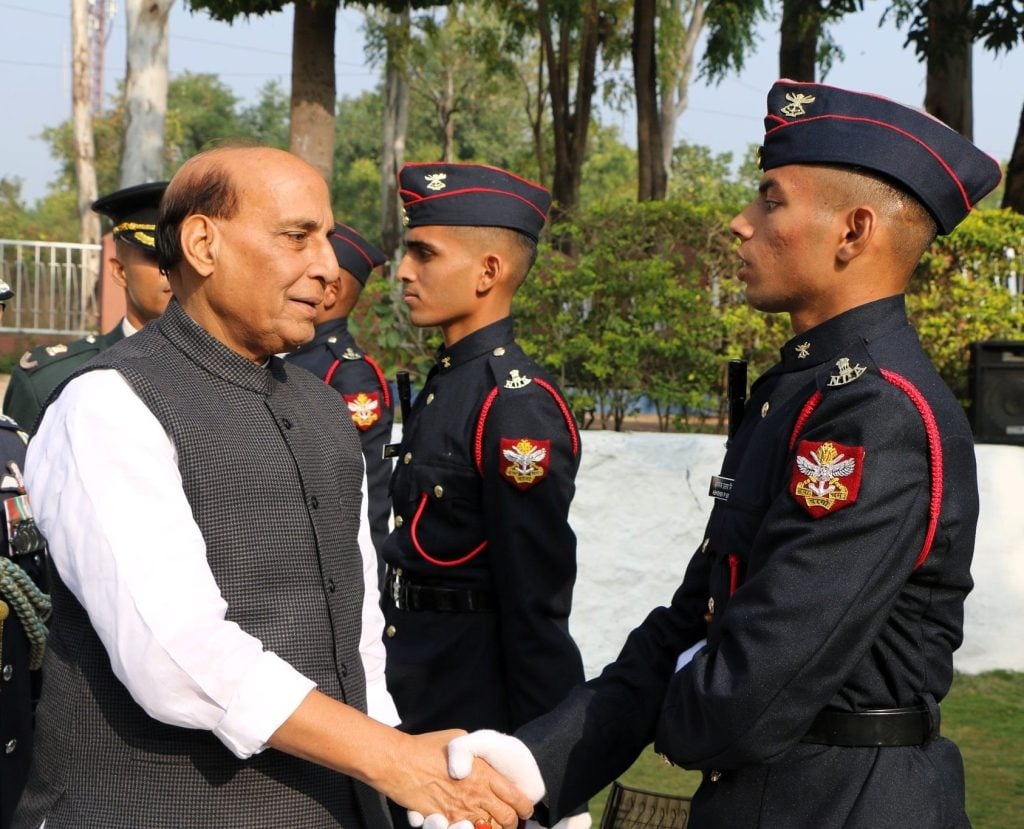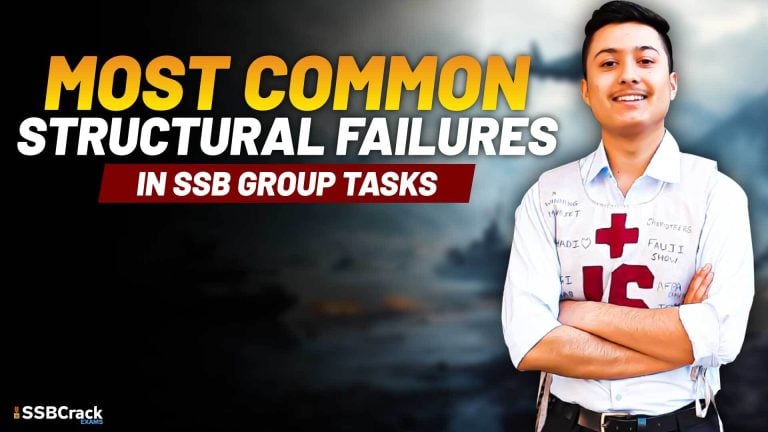Communication is a foundational skill that underpins success in all aspects of life, whether personal or professional. For those aspiring to join the defense services, honing one’s communication abilities is particularly crucial, as it is a key evaluation criterion in the rigorous Selection Board (SSB) process.
Effective communication not only helps you articulate your thoughts and ideas clearly, but also allows you to build rapport, convey confidence, and leave a lasting impression on the assessors. This article delves into the 6 Simple Ways to Become a Better Communicator.
Also Read | The Essential Qualities of a Complete Officer
1. Cultivate Active Listening Skills
The first step to becoming a better communicator is to become an active listener. Resist the temptation to formulate your response while the other person is speaking. Instead, focus intently on understanding the speaker’s message, pick up on non-verbal cues, and ask clarifying questions. This not only demonstrates your engagement, but also ensures you provide a relevant and thoughtful reply.
Avoid Interruptions
Interrupting the speaker is a surefire way to derail the conversation and convey disinterest. Practice patience and resist the urge to jump in, even if you think you know where the discussion is headed. Wait for natural pauses to smoothly transition and share your perspective.
Paraphrase and Summarize
To confirm your understanding, periodically paraphrase the key points made by the speaker. This shows you are actively listening and processing the information, rather than letting it go in one ear and out the other. Summarizing the main takeaways at the end of the conversation is also a great way to wrap things up effectively.
2. Develop Confident Body Language
Your non-verbal communication speaks volumes about your self-assurance and engagement. Maintain an upright, open posture, make eye contact, and use purposeful hand gestures to reinforce your words. Avoid fidgeting, crossed arms, or other closed-off body language that can undermine your message.
Master Vocal Delivery
In addition to your physical presence, pay close attention to your vocal delivery. Speak clearly and confidently, modulating your tone, pace, and volume to keep the listener engaged. Eliminate filler words like “um” and “uh” that can detract from your professionalism.
Embrace Conversational Pause
Silence can be a powerful communication tool. Don’t be afraid of brief pauses to collect your thoughts or emphasize a point. This can actually make your speech more impactful and memorable, as opposed to a constant stream of words.
Also Read | 10 Travel Tips from Military Brats You Should Know
3. Ask Thoughtful Questions
Asking insightful questions demonstrates your intellectual curiosity and a genuine interest in the other person’s perspective. It also helps you gather more information, uncover hidden assumptions, and steer the conversation in a more productive direction.
Listen for Cues
Pay close attention to the speaker’s responses and body language to identify opportunities to probe further. If they seem hesitant or vague, ask follow-up questions to get to the root of the issue. Conversely, if they are particularly passionate about a topic, dig deeper to understand their rationale and motivations.
Avoid Interrogation
While inquisitiveness is admirable, be careful not to come across as overly aggressive or intrusive. Balance your questions with affirmative statements and empathetic listening to maintain a collaborative, two-way dialogue.
4. Embrace Feedback and Adapt
The true mark of a skilled communicator is the ability to receive and act upon constructive feedback. Solicit input from trusted sources, whether it’s peers, mentors, or communication coaches, and use it to identify areas for improvement.
Seek Out Opportunities to Practice
Communication is a skill that requires constant honing. Seek out opportunities to engage in substantive conversations, whether in formal interviews, group discussions, or casual social settings. The more you put your skills to the test, the more comfortable and confident you will become.
Analyze and Refine
After each interaction, take the time to reflect on what went well and what could be improved. Record yourself and critically evaluate your verbal and non-verbal cues. This self-assessment will help you pinpoint specific areas to focus on and develop an actionable plan for enhancement.
5. Foster Authenticity and Empathy
Effective communication is not just about delivering a polished performance; it’s about making a genuine connection with the other person. Approach every interaction with authenticity, empathy, and a genuine desire to understand the other person’s perspective.
Tailor Your Approach
Adapt your communication style to suit the individual or the context. What might work well in a formal interview setting may not resonate in a casual social gathering. Pay attention to verbal and non-verbal cues to calibrate your approach accordingly.
Show Genuine Interest
Express genuine curiosity about the other person and their experiences. Ask thoughtful questions, listen attentively, and respond with empathy and understanding. This not only makes the conversation more enjoyable, but also helps build trust and rapport.
Also Read | 8 Sneaky Ways to Influence Anyone
6. Cultivate a Positive Mindset
Ultimately, effective communication is as much about your internal mindset as it is about your external skills. Approach each interaction with a positive, confident, and solution-oriented attitude, and you’ll be well on your way to becoming a more compelling and persuasive communicator.
Visualize Success
Spend time visualizing yourself communicating with clarity, confidence, and poise. Imagine the assessors at the SSB being captivated by your words and impressed by your presence. This mental rehearsal can help you perform at your best when the real situation arises.
Embrace Mistakes
No one is perfect, and even the most seasoned communicators occasionally stumble. When you make a misstep, don’t beat yourself up. Acknowledge it, learn from it, and move forward. Maintaining a growth mindset will help you continuously improve and become more resilient in the face of challenges.
By incorporating these six strategies into your communication repertoire, you’ll be well on your way to becoming a more confident, compelling, and effective communicator – a crucial asset in your journey to joining the defense services.
FAQs
1. What are 7 good communication skills?
The 7 Cs of Communication enhance your ability to communicate effectively. They represent: clear, concise, concrete, correct, coherent, complete, and courteous. While there are some variations, you can use the 7 Cs as a checklist for both your written and spoken communications.
2. What is the 5 C of communication?
In a business environment, individuals often prioritize finishing tasks rapidly, which can lead to poor written communication. To enhance communication effectiveness, keep in mind the 5 C’s: clear, cohesive, complete, concise, and concrete.
3. What are the 5 A’s of communication?
The 5As (Ask, Advise, Agree, Assist, Arrange) serve as a clinical tool suggested for counseling health behaviors in primary care settings.
4. What are the five main of communication?
The five types of communication you should be aware of include verbal communication, nonverbal communication, written communication, visual communication, and listening.
5. What is 5w in communication?
The five Ws consist of who, what, when, where, and why. These question words help students, writers, and researchers grasp the complete context of the topic at hand. Many of these terms can be utilized in questions to extract information.











